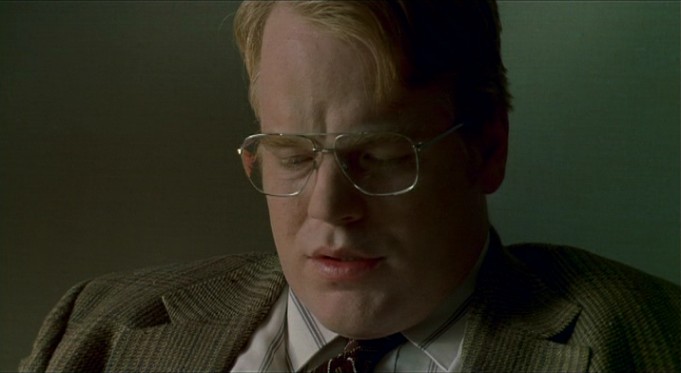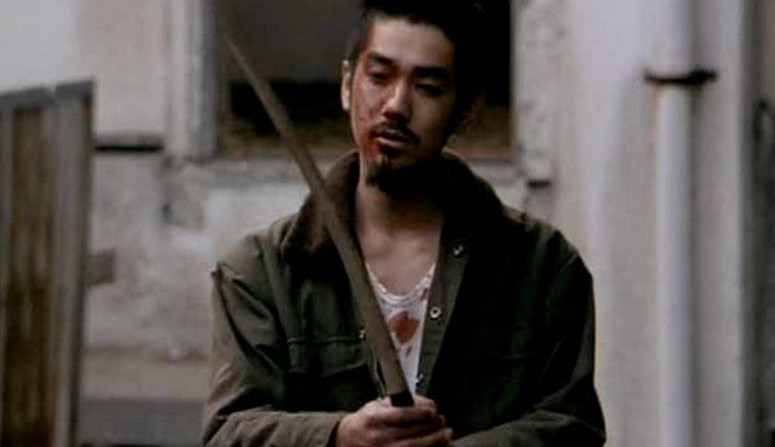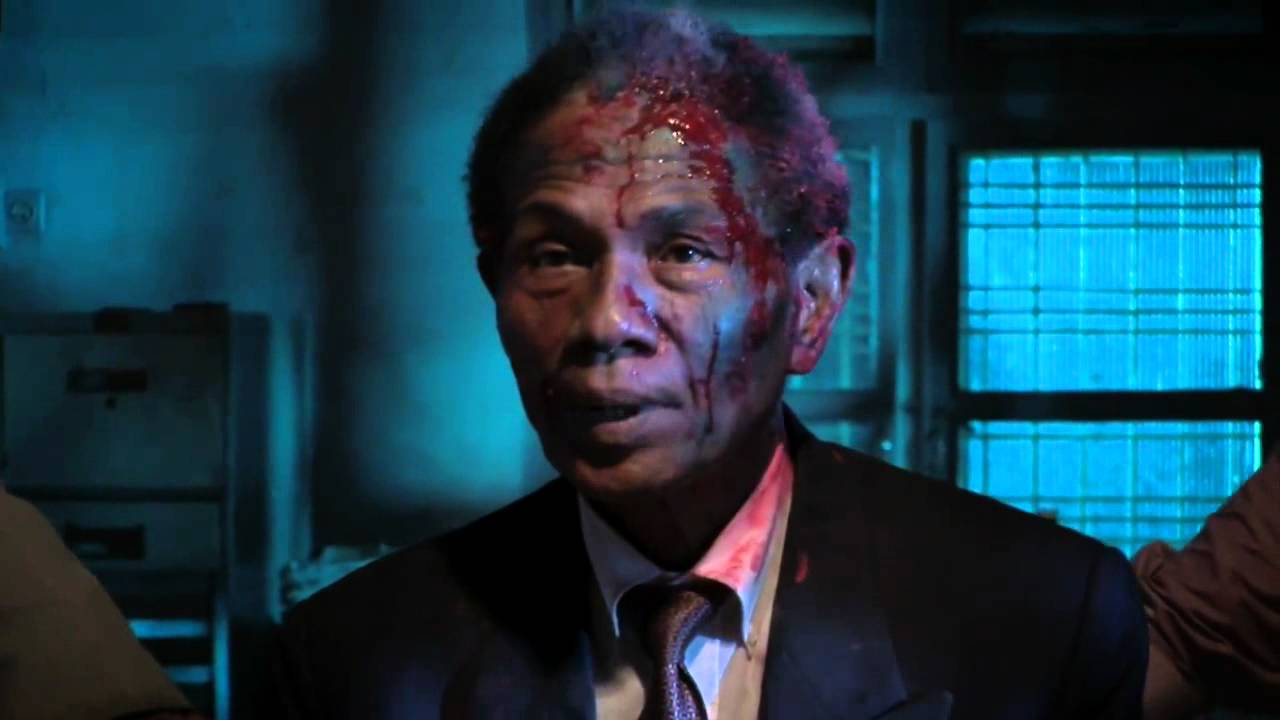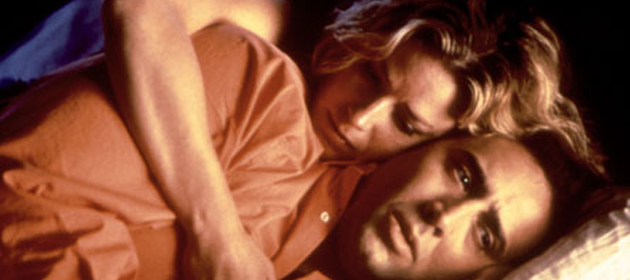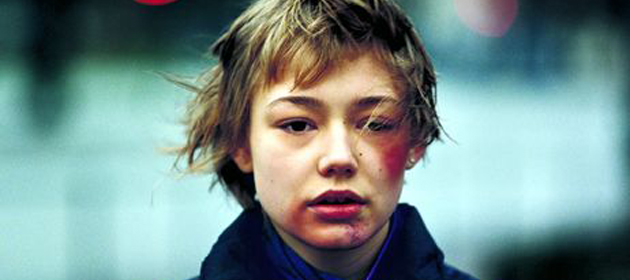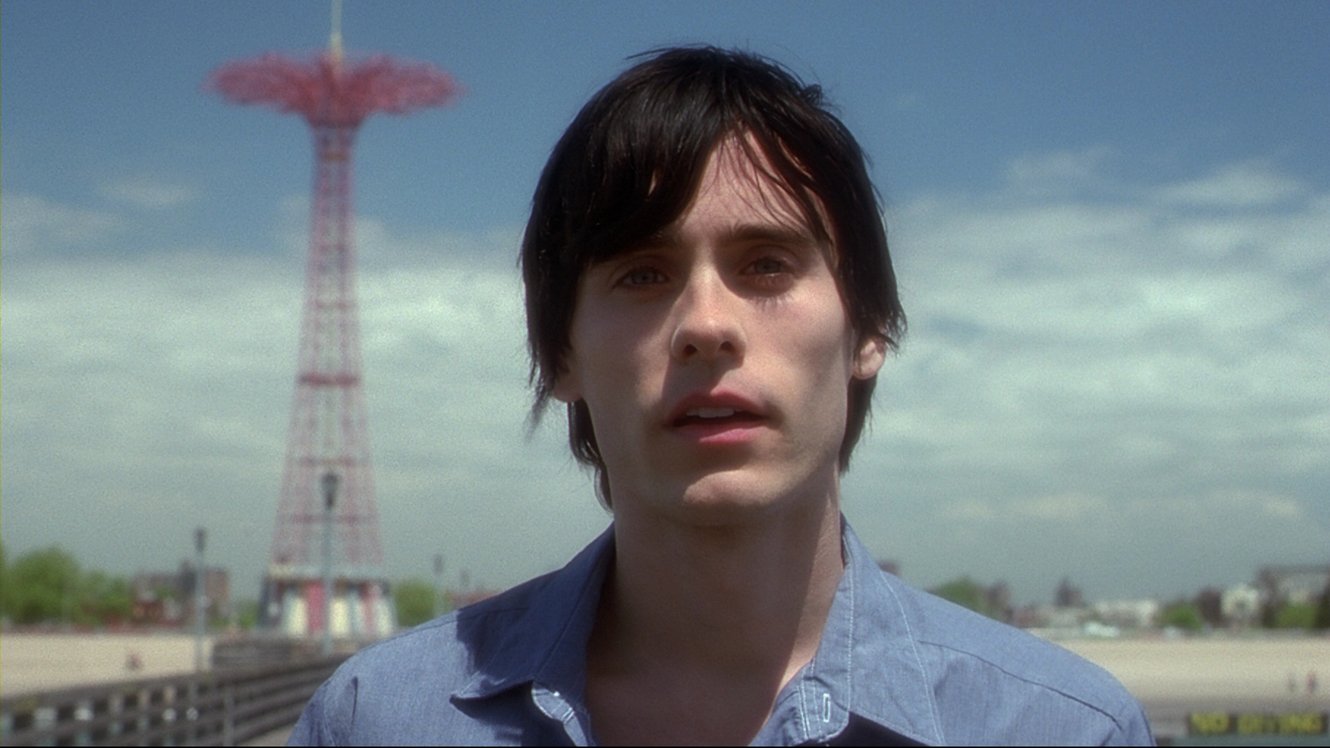
There are some films in this world whose main function serve to depress the viewer, to show-case the darkest, most lurid and sordid acts, the most desperate and strife-ridden lives. Why, for the love of God, would anyone wish to view these films? To remind ourselves that we are human.
It goes without saying that every film in this list is a beautiful piece of cinema. A director doesn’t set out to make a harrowing film such as these without caring deeply about its cinematography and editing. But these films also strike such a powerful emotional cord that they must be experienced, at least once.
These films show us how petty and inane our daily troubles truly are. They allow us to grieve for our fellow humans, the characters of these films, for their fates are truly hell on Earth. We watch these films so that we can appreciate everything for another year. To feel. To grow. To love. They serve as a cosmic reset button; suddenly anything bothering us is insignificant. These films heal.
When we describe a film as depressing, we don’t just mean ‘sad.’ ‘Soul-crushing’ is the preferred term. Films like Bambi, or Titanic, or even Inception, may be described as sad; they all feature deaths of loving, caring, innocent people, and the grief of those they leave behind.
These films aren’t just sad; they make you ashamed to admit you’re a human being. They feature the lowest of the low of our species, the sorrow and misery that can drive us to the most unconscionable acts. Topics like war, suicide, rape, neglect, mental illness, addiction, abuse, and extreme violence are the spinal cords of these films.
20. Happiness (1998, Todd Solondz)
What makes it depressing: Am I actually rooting for a pedophile?
This film represents a slight change-of-pace from the other films. There are some awkwardly funny moments in this one, like Philip Seymour Hoffman masturbating and using the result to glue pictures to his wall. The film’s end features an eleven-year-old boy masturbating on a hotel balcony. The family dog licks up the result as the boy cheerfully tells his family, “I finally came.”
But there’s a lot of darkness here as well. Hoffman sexually harasses his female neighbors on the phone. After being dumped, Jon Lovitz casts a spell against his date, driving her life into emotional chaos. A husband dissolves his forty-year-strong marriage for almost no reason. The most troubling character is the eleven-year-old’s father, played by Dylan Baker, who sexually molests many of his son’s classmates.
The most troubling scene is where Dylan Baker attempts to incapacitate his family and his son’s friend so that he can rape the friend. He spikes their ice cream, but the friend doesn’t like ice cream; he likes tuna. So the dad spikes a tuna sandwich, but the boy isn’t hungry. This entire scene is shown through Baker’s eyes as he disturbingly eyes the young boy’s body.
Solondz has cleverly, and disgus-tingly, tricked the viewer into rooting for the pedophile to succeed. Baker later admits to his son what he’s done. He admits to his son that he jerks-off while thinking of his son, in an extremely powerful and emotionally-crippling scene.
19. Kichiku dai Enkai (aka Banquet of the Beasts) (1997, Kazuyoshi Kumakiri)
What makes it depressing: The vile hatred associated with the gang world
In this little known Japanese cult film, a small-time gang’s leader gets sent to prison, where he promptly commits suicide. After hearing the news of this suicide, the surviving gang’s members disagree on how the new leadership should be handled. Factions grow, tensions thicken, and the result is a bloody battle for power in the woods, featuring beheadings, shotguns, and more violence and gore than most care to view.
Like many of these films, what makes this film so depressing is the way it is shot. It’s shot on the cheap, so the poor, grainy quality of the film makes it so much more real, as if a real gang actually filmed these acts of depraved violence on their own cheap cameras.
Two of the final members hold out in an abandoned, dilapidated house in the middle of the woods. Imagery such as the tattered, blood-stained Japanese flag that hangs behind their mattress adds to the decadence of it all, the devolution of Japanese culture.
18. The Act of Killing (2012, Joshua Oppenheimer)
What makes it depressing: The growth of regret within an unrepentant killer.
This documentary focuses on a group of Indonesian gangsters and former death-squad leaders. A film crew comes to them with the idea to recreate some of their murders in the styles of classic American cinema. What gets documented are the gangsters methods and beliefs, their justifications for what they did. They mercilessly executed hundreds, perhaps thousands, of communists and Chinese immigrants, all of which to them was all necessary to protect their freedom and way of life.
The main person the film follows is named Anwar, and he is particularly frightening. He always wears very colorful shirts and a smile, even as he retells how exactly he slaughtered all those people, the exact locations of the bodies, the effectiveness of different weapons. He shows no remorse; in fact, he shows enthusiasm toward the prospect of recreating his favorite murders from his past.
Seeing just how indoctrinated really everyone in the film is, regarding the necessity of these government-sponsored gangsters who harass and shake-down their citizens, is truly unsettling. You would hope that in the 21st century, years after the murders these monsters perpetrated, that there would be more remorse. But no; just no.
There are hints at remorse. Anwar has horrible dreams, others regularly visit therapists. But it is only after filming a recreation, one in which Anwar plays a victim, that he gains some empathy for his victims. Anwar then returns to the same rooftop where so many of his murders occurred, and he dry-heaves, sick to his stomach over what he did.
Watching this scene, it feels like watching a human being grow a soul, and it is beyond powerful. But even this moment of catharsis does not negate the atrocities that occurred, and the guilt that Anwar and his fellow gangsters must take to their graves.
17. Leaving Las Vegas (1995, Mike Figgis)
What makes it depressing: The alcoholic antics of a man who has given up.
In his Oscar winning performance, Nicolas Cage drinks himself to death. He’s lost his job, his marriage, and now he’s willing to lose his life in the most slow, agonizing way he can. When he drinks, he’s numb to his actions, but when he wakes up he’s vomiting, badly hungover and shaking violently, so much so that he can barely speak before running to the liquor cabinet.
He hires a prostitute, played by Elisabeth Shue, to keep him company, so long as she promises to never make him quit drinking. She has her own problems, naturally, but they seem to fade away in light of Cage’s desperation. Their interaction does provide some lightheartedness to the film, but those moments only serve to temporarily subdue the nature of Cage’s mission. He has had enough with life, and wants to end it in his own unique way, and there’s not a damn thing anyone will do to stop him. No chance of redemption or starting over. No catharsis. Just liver disease and alcohol poisoning.
16. Lilya 4-Ever (2002, Lukas Moodysson)
What makes it depressing: Murphy’s Law. Everything will go wrong.
The movie starts of happy. Lilya, a 16-year-old Estonian girl, is planning to move to America with her mother. At the last moment, her mother decides instead to leave her behind for now and bring her to America later. Lilya is devastated. Then Lilya’s landlord kicks her out of her mother’s old apartment and into a tiny one where hardly anything works.
Her teachers treat her like a failure. Local boys treat her like a slut. Her mother later disowns her as a guardian. She has one true friend, a young boy named Volodja.
Things seem like they’re about to turn around when she falls for a boy who wants to bring her to Sweden, to live and work there.
When she arrives in Sweden, she is locked in her apartment and thrown into sexual slavery, forced to sleep with a different john every night. The only time she can escape this hell is when she dreams of seeing Volodja again in heaven—he swallowed a bottle of back in Estonia after Lilya left him behind. She wants these dreams to continue; they’re the only time she’s happy. So she manages to escape from her locked apartment, runs to a nearby bridge and jumps. Now she can play basketball all day long with Volodja in heaven.
No one anywhere in Lilya’s live cared for her. Her mother neglected her, the community spat on her, her boyfriend sold her as a slave. No one cared in any meaningful way if she was alive or dead. The only person who did was Volodja, and Lilya abandoned him, realizing she had done so only too late. Lilya was just another poor child from a poor country that no one gave a shit about.
15. Irreversible (2002, Gaspar Noe)
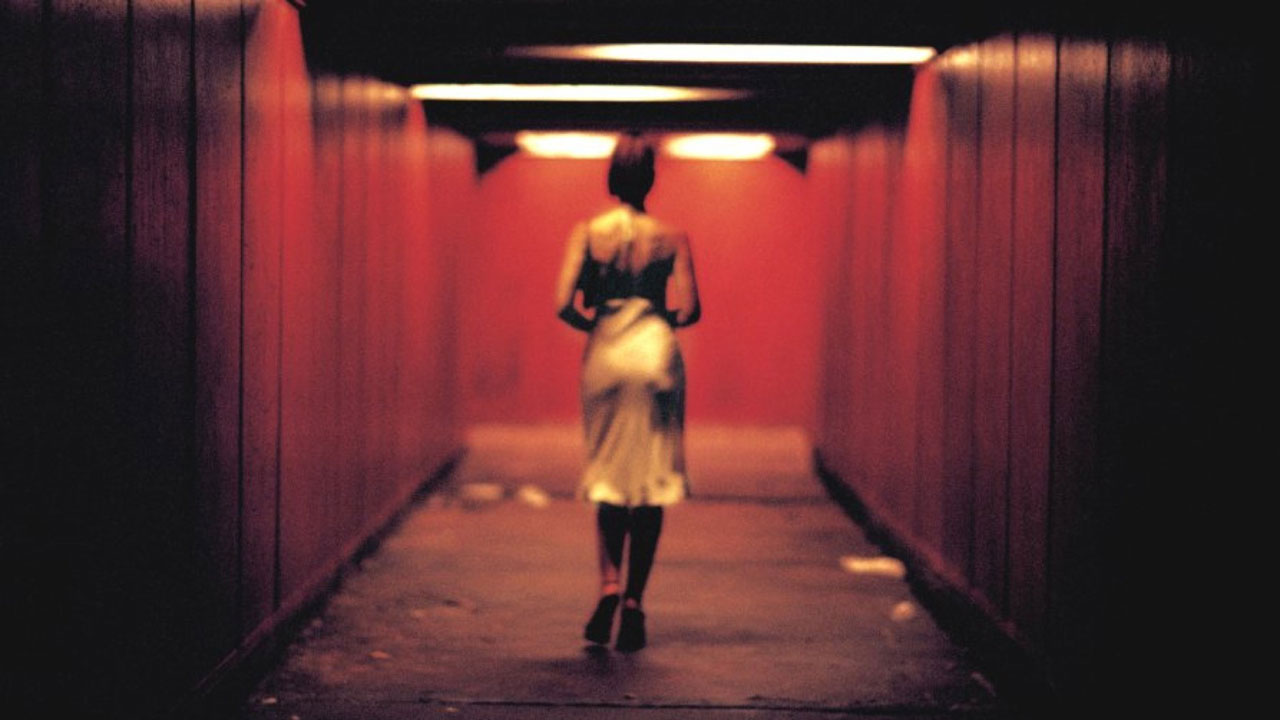
What makes it depressing: The name says it all. There is nothing we can do.
The narrative, told backwards through time, tells of a young woman who, after a party with her boyfriend and ex, gets brutally raped and murdered—perhaps the most emotionally devastating rape scene ever filmed. The boyfriend stalks Paris’s seediest underground clubs searching for the killer, yet another act of revenge. Eventually he and the ex are hauled off to jail after pancaking a man’s face with a fire extinguisher while, unbeknownst to them, the true rapist looks on. The young woman had earlier that day learned that she was pregnant.
The expression “le temps detruit tout,” (time destroys all), serves as a theme throughout the film. There isn’t one mistake from one individual that destroys anything. It’s just the progression of time. From the hardest of deterministic stances, there is no free will that can save mankind from its savagery, its knee-jerk rage, its self-inflicted destruction.
Noe includes dizzying camera swerves, rapid-fire edits, and guttural subconscious noise to further disorientate the viewers, as if the backwards travel of time, abhorrent violence, and denial of conscious thought are not disorientating enough. The rape scene is particularly depressing. Monica Bellucci is assaulted on the floor of an underground walkway. She reaches out, toward the camera, towards the viewer. Everything in your body wants to reach into the screen and help her, but you can’t. These actions are irreversible; there is nothing anyone can do.
